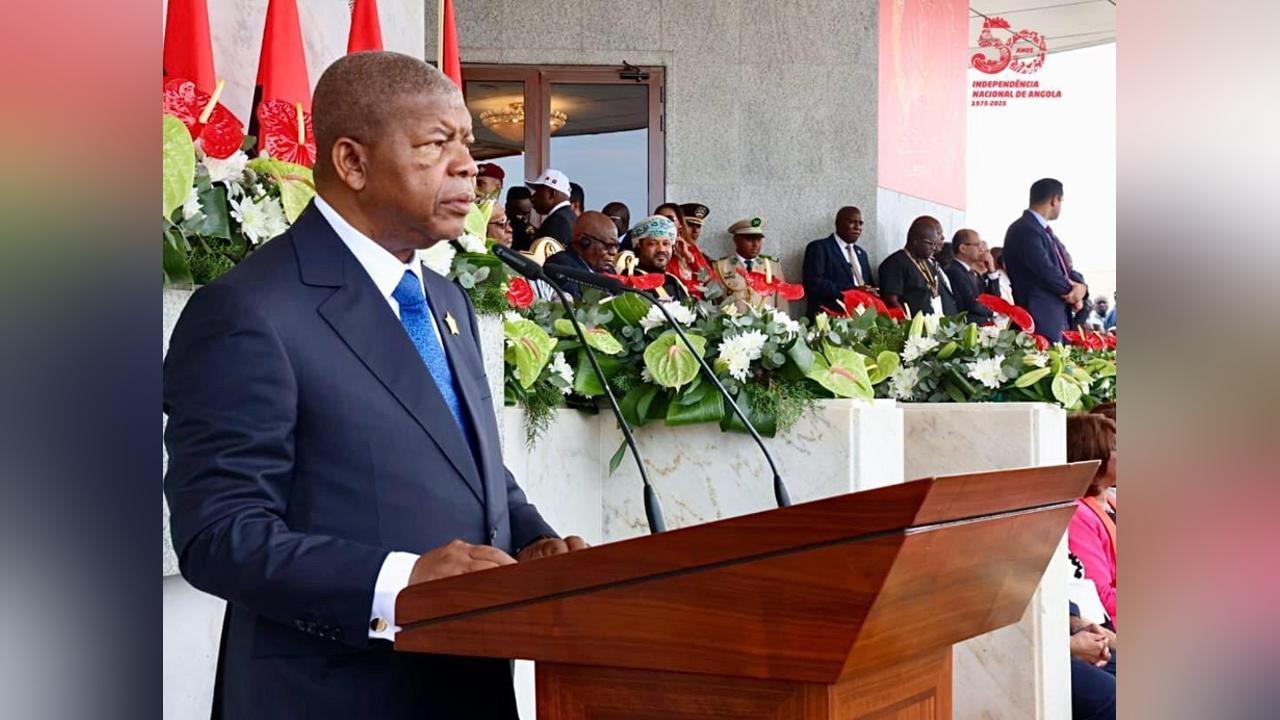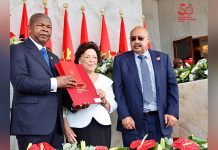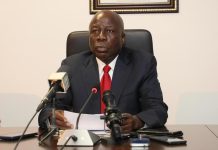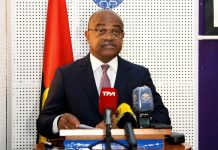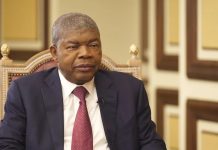Africa-Press – Angola. President João Lourenço recalled on Tuesday in Luanda, the main challenges faced by Angola throughout the 50 years of Independence, underlining the role of national resilience in preserving sovereignty and consolidating peace.
In the message on the 50th anniversary of National Independence, the Head of State recalled the most difficult moments in the country’s recent history marked by the struggle for the affirmation and defense of sovereignty, in an adverse international context.
“In these 50 years we have been forced to overcome obstacles and face complex situations, in the context of the Cold War, in which we had to fight tenaciously for the preservation of our independence and national sovereignty,” Lourenço said.
The Angolan statesman mentioned that, after the victory over Portuguese colonialism, Angola had to confront the apartheid regime, which represented a constant threat to the peoples of Southern Africa.
According to the Head of State, Angola risked being colonized twice, given the aggressiveness of the South African regime, “based on the idea of racial superiority and segregations as a model of society.”
Faced with this threat, the countries of Southern Africa united in a solidarity and cooperation movement called the Frontline Movement, created to coordinate efforts and strengthen the capacity to resist the apartheid regime.
“It was a difficult phase, requiring a great deal of dedication from everyone, in which former President José Eduardo dos Santos assumed a leadership role in conducting diplomatic and other actions,” João Lourenço emphasized.
The President highlighted that despite the adversities, Angola remained firm in defending its territorial integrity and independence, contributing to the total liberation of the southern region of the continent.
The celebrations of the 50th anniversary of National Independence are taking place before thousands of national citizens and foreign delegations, including Heads of State and Government.
For More News And Analysis About Angola Follow Africa-Press

